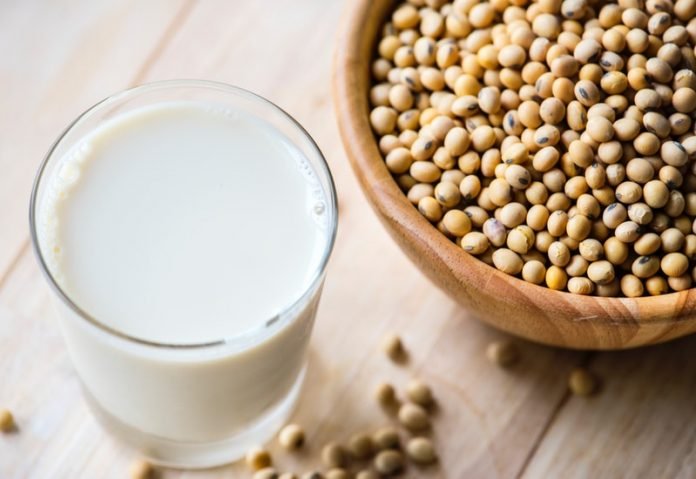
In a new study, researchers found that a compound found in soybeans blocked damage to the lining of blood vessels in the heart and circulatory system.
It may provide a way to prevent the heart health side effects of recreational and medical marijuana use.
The research was conducted by a team from National Taiwan University in Taipei City.
Marijuana is the most widely used illicit drug worldwide and is increasingly being made legal for recreational and medicinal purposes.
However, there have been studies that link marijuana smoking to an increased risk of heart attack and stroke.
There can also be heart health side effects, including changes in heart rate and blood pressure.
This is caused by a synthetic version of delta-9-tetrahydrocannabinol (THC), the main compound in marijuana that gives the sensation of being high.
In the study, the team wanted to examine the marijuana-induced damage and discover new drugs to prevent those side effects.
They used endothelial cells (like those that line blood vessels) derived from the stem cells of five healthy people.
They exposed the cells to THC and found THC induced inflammation and oxidative stress, which are known to affect the inner linings of blood vessels and are linked to the development of heart disease.
But the treatment with JW-1, an antioxidant compound found in soybeans could eliminate the effects of THC exposure.
They also found the soybean compound blocked THC’s harmful effects on the function of the inner lining in mice.
The team says as an antioxidant, JW-1 may have neuroprotective effects.
Discovering a new way to protect blood vessels without side effects would be important with the rapid growth of cannabis use worldwide.
They suggest people who have heart disease should talk to their doctors before using marijuana or one of the synthetic THC-containing medications.
The lead author of the study is Tzu-Tan “Thomas” Wei, Ph.D., an assistant professor of pharmacology in the College of Medicine.
The study was presented at the American Heart Association’s Basic Cardiovascular Sciences 2019 Scientific Sessions.
Copyright © 2019 Knowridge Science Report. All rights reserved.



